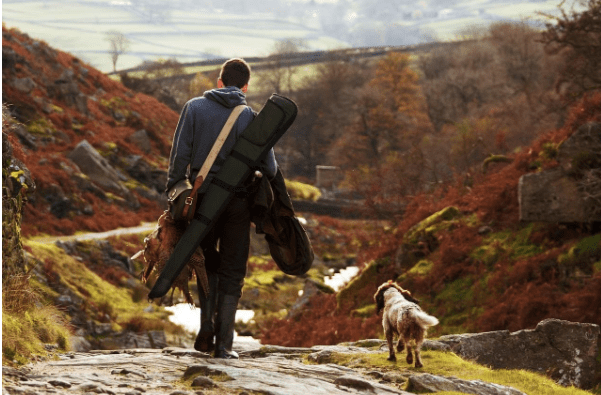Most people describe their first trek experience as life-altering. People generally turn to mountains as an escape from their monotonous lives to feel alive again. You can learn a lot of things from your trekking experience, some good and some bad.
People often trek because it’s a trending sport. However, if you aren’t careful enough, then you might cause severe injury to yourself as well as your group members. This article mentions a few tips that can help you to have the best trekking experience possible.
Keep essentials handy
People go to different places and terrains for trekking, including Nar Phu Valley Trek. As a newbie, you might be confused as to what you are supposed to carry on the trek.
You should have the following items:
- Water bottle
- Trekking gear
- Nutrition bars
- Flashlight
- Toiletries
- Sunscreen
- First aid kit
Know your body’s limits
Everyone has unique ways of coping with the harsh conditions of high altitude. Don’t compare yourself with your friends and family. It would help if you started exercising and walking at least two months before your trekking trip.
Basic exercises can help you to build up your energy and stamina. Try to take the stairs instead of escalators or lift. It would be best if you focused on breathing exercises.
Choose the right trek
A trek is judged based on multiple aspects, including weather, terrains, and possible problems along the path. Experts divide treks into three parts, that is, easy, moderate, and demanding.
- The easy trek generally consists of a minimum of 3-4 hours of walking. It is ideal for people new to trekking as well as people with lower physical capabilities.
- The moderate trek involves at least 4-6 hours of walking. It includes some ascend and descend. People who love to trek but don’t have much time can go for this option.
- The demanding trek stretches for more than ten days. It can be daunting and exhausting for people due to steep terrain.
Stay hydrated
Often people suffer from high altitude sickness and cramps while trekking. The best way to deal with such situations is to drink plenty of fluids. It would help if you kept a water bottle handy so that you can refill it.
However, you should know that drinking water at irregular intervals and quantity can be troublesome. You should drink at least 4-5 liters of water while trekking. Avoid gulping too much water in one go. Take only a few sips, preferably after every 20 minutes.
Stick to your guide
A little assistance from an expert never hurts anyone; on the contrary, it can save you from inflicting life-threatening damage. A guide knows every nook and corner like the back of his hand. Even if you have a map and compass, you can still deviate from the right path and lose your way back.
A professional might be aware of places where you can find water or where it’s safe to stop for rest. It can be extremely dangerous to stop anywhere to rest. They walk those same tracks almost every day, so they can tell you the best and safest places to click pictures.
Dress accordingly
Whenever you need to decide clothes for a trek, you should follow the three-layer rule. The most jacket helps to keep the chilly wind and water outside. The middle layer acts as an aid to help you save you dry and warm. The innermost layer is responsible for assisting the body to generate heat naturally.
The list of items that you should carry while trekking is given below:
- The right type of shoes
- Socks
- Gloves
- Warm jacket







